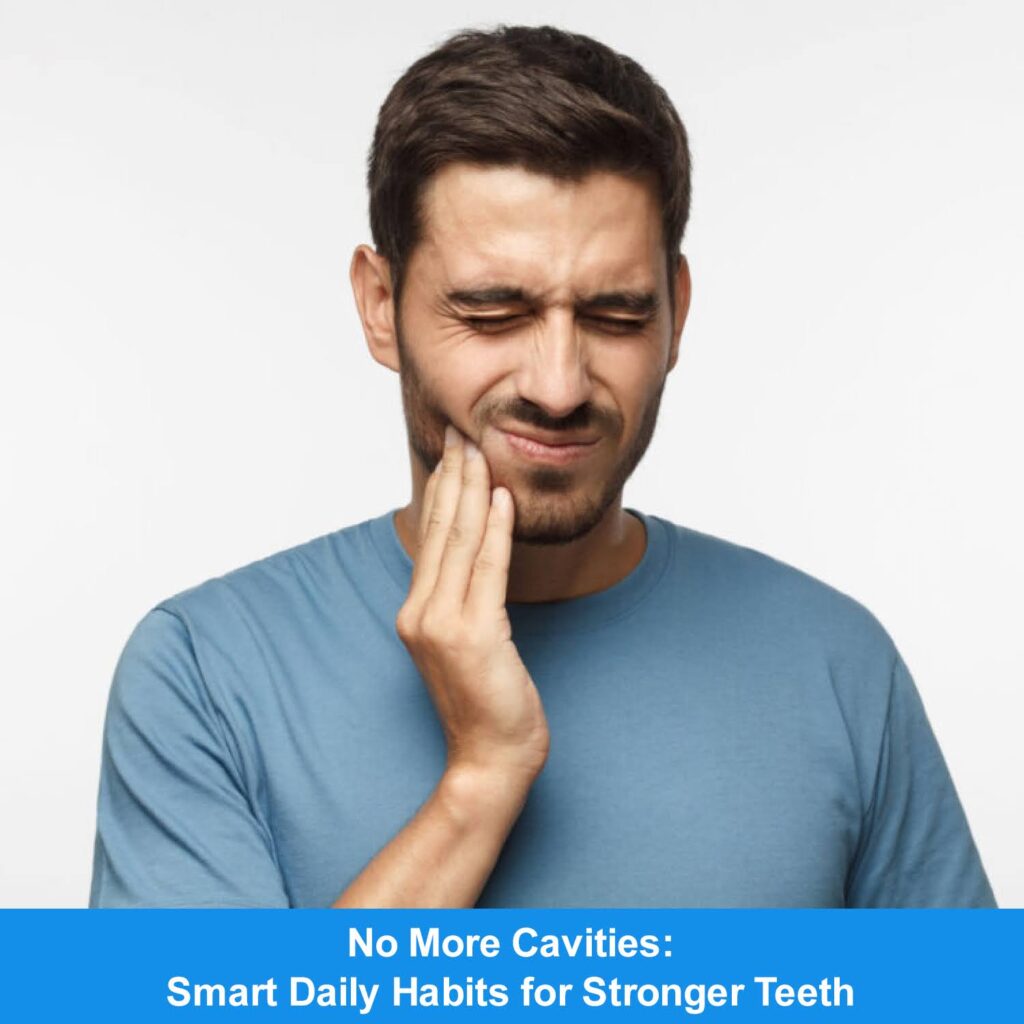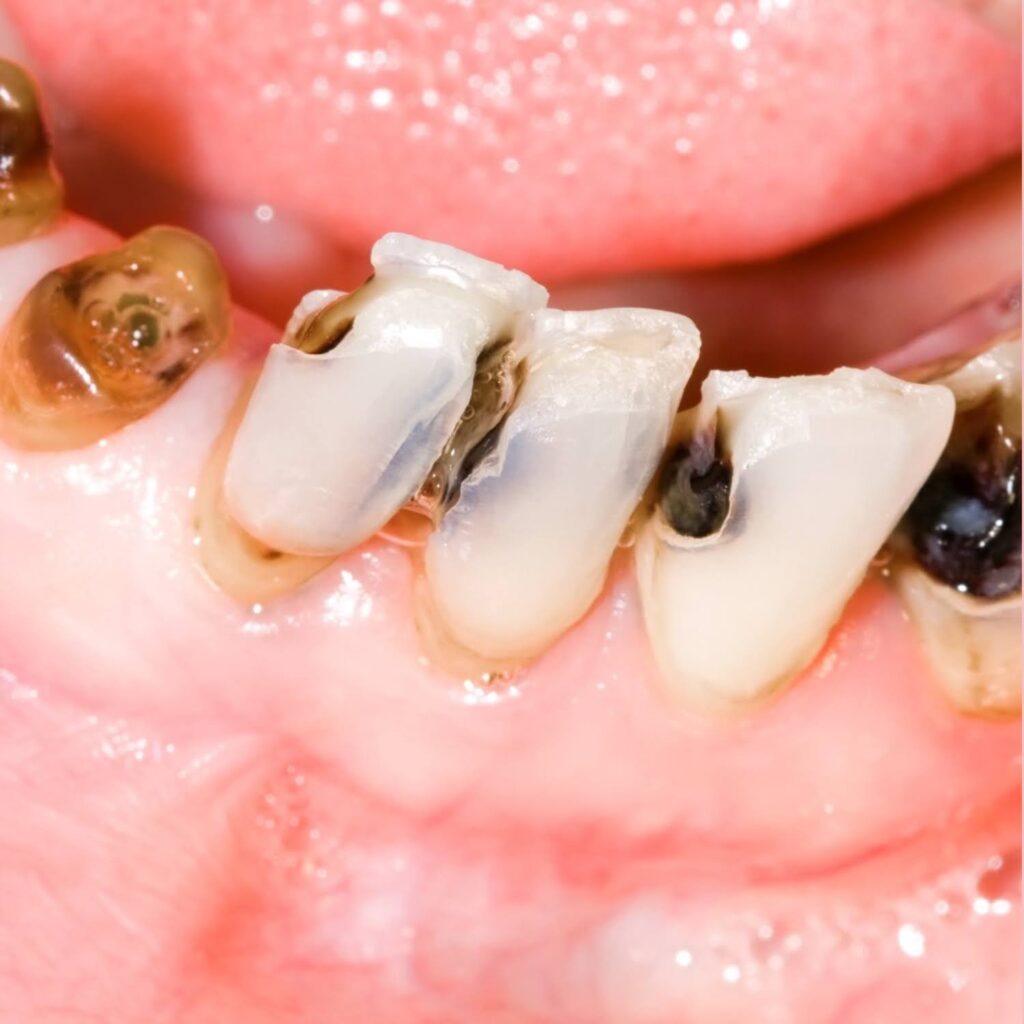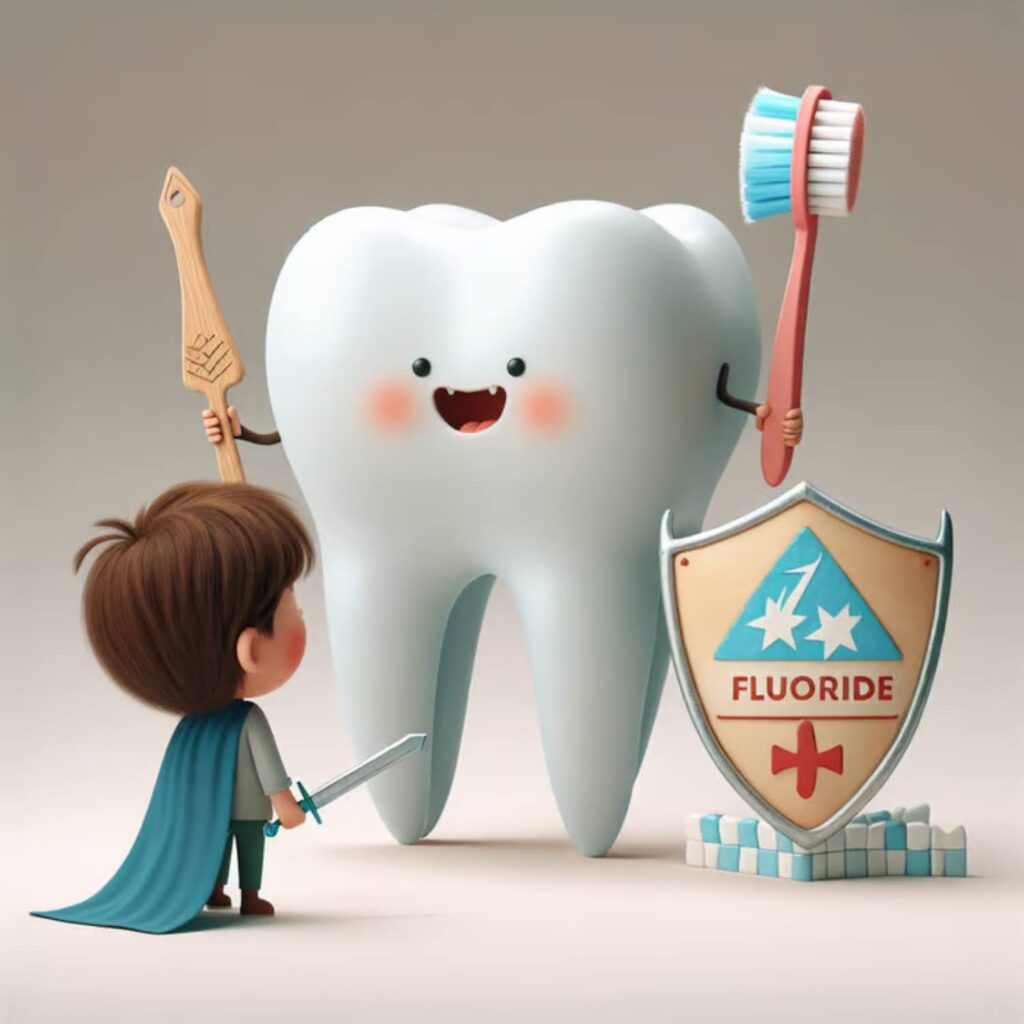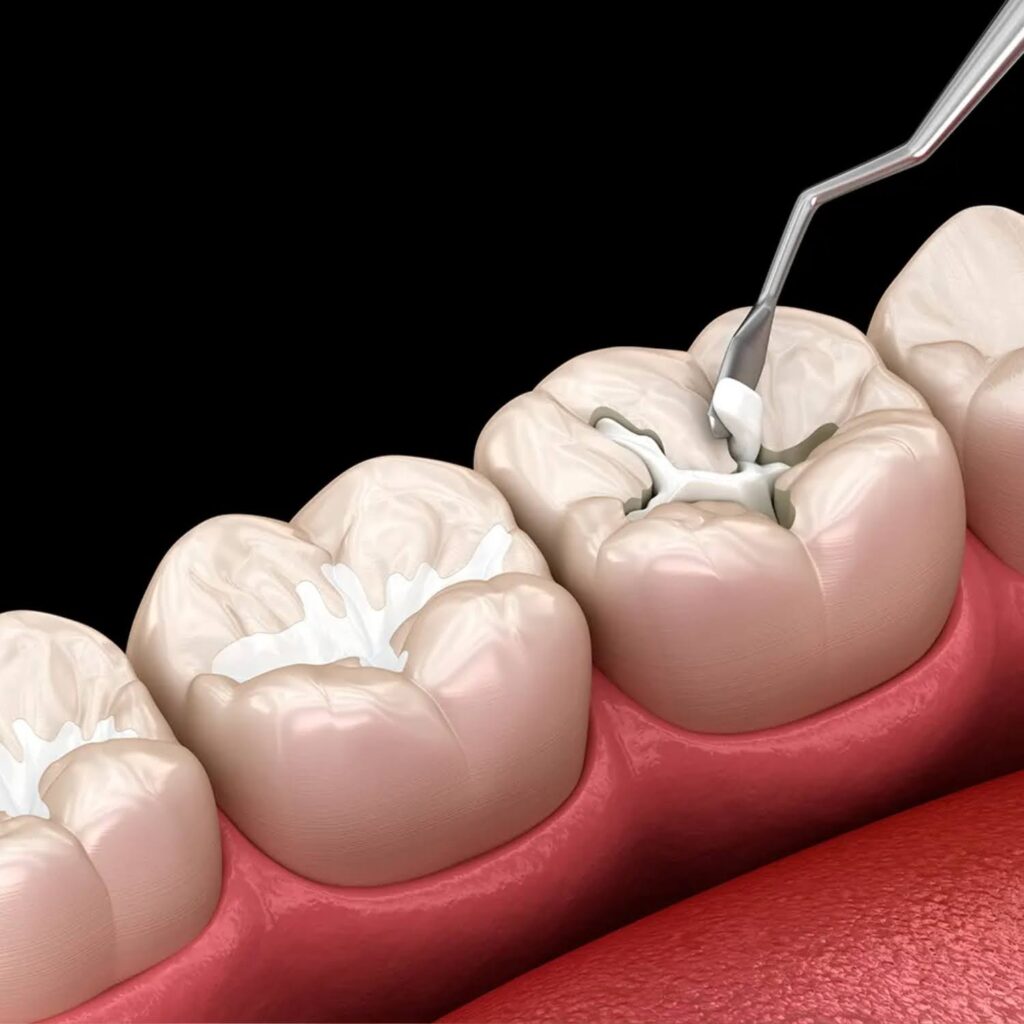
Introduction
Cavities are a common dental problem. They cause pain, tooth damage, and even infections if left untreated. But the good news is—they’re totally preventable. We’ll break down a dentist’s top recommendations to help you stop cavities before they start.
Whether you’re brushing every day or still working on better habits, will show you the best ways to prevent cavities and protect your smile for life.
Summary
1. The Basics: What Causes Cavities in the First Place?
2. Brush Like You Mean It: Technique Matters
3. Floss Daily: The Unsung Hero of Oral Health
4. Smart Eating: Your Diet Affects Your Teeth
5. Routine dental visits are essential for prevention
6. Use Fluoride: Nature’s Tooth Defender
7. Seal the Deal: Dental Sealants for Extra Protection
9. Stay Consistent: Small Habits Make Big Differences
1. The Basics: What Causes Cavities in the First Place?

Before we dive into prevention, let’s understand how cavities form. Cavities start when bacteria in your mouth feed on sugars from food. They produce acid, which eats away at your tooth enamel. Over time, small holes (or “cavities”) form.
Anyone can get cavities, even kids and adults who brush regularly. That’s why it’s important to go beyond just brushing and follow professional recommendations from dentists.
Cavity prevention starts with knowledge. Once you know what causes them, you can take smarter steps to stop them.
2. Brush Like You Mean It: Technique Matters

Brushing your teeth sounds simple, but how you brush makes a big difference. Most people brush too fast, use the wrong angle, or miss key areas.
Dentists advise brushing your teeth twice daily using a soft-bristle toothbrush and fluoride toothpaste. Make sure to brush for a full two minutes, covering every surface—front, back, and the chewing sides.
Don’t forget your gum line. That’s where plaque builds up most. Also, replace your toothbrush every three months or after being sick.
3. Floss Daily: The Unsung Hero of Oral Health

While brushing cleans the outer surfaces of your teeth, flossing is essential for removing debris and plaque from the small gaps in between them. Skipping floss is like washing only half your face—it’s not enough.
Use dental floss once a day to remove plaque and food particles between teeth. Be gentle to avoid hurting your gums. If you find flossing difficult, try floss picks or a water flosser.
Flossing plays a crucial role in avoiding cavities, particularly in spots that are difficult for a toothbrush to access.
4. Smart Eating: Your Diet Affects Your Teeth

Your diet greatly influences your ability to prevent cavities. Foods high in sugar and those that are sticky can promote bacterial growth, as they cling to teeth and feed the germs that lead to tooth decay. To keep your teeth healthy, reduce your intake of snacks like candy, cookies, chips, and soda. Opt instead for crunchy fruits, leafy vegetables, cheese, and nuts—they help clean your teeth and deliver important nutrients. Staying hydrated with water is also key. It helps wash away leftover food and keeps your mouth moist. If possible, drink fluoridated water, which naturally helps strengthen tooth enamel.
5. Routine dental visits are essential for prevention

Even if you maintain excellent brushing habits at home. These checkups allow your dentist to detect any issues early on, before they develop into more serious problems.
Dentists recommend seeing them every six months. During these visits, they clean your teeth, check for cavities, and offer fluoride treatments if needed.
Don’t wait for pain to visit the dentist. Most cavities don’t hurt until they’re deep. Early detection can save you money, time, and pain.
6. Use Fluoride: Nature’s Tooth Defender

Fluoride is an excellent mineral that helps safeguard teeth from cavities. It makes teeth stronger and more resistant to acid attacks.
Most toothpastes contain fluoride. Be sure to check the label. Some communities also have fluoridated water, which adds extra protection.
If you’re prone to cavities, ask your dentist for recommendations on fluoride treatments, rinses, or prescription toothpaste. They’ll tailor advice to your needs.
7. Seal the Deal: Dental Sealants for Extra Protection

Dental sealants are a great option, especially for kids and teens. Sealants are thin layers that are applied to the molars, the back teeth where cavities are most likely to develop.
They block out food and bacteria, acting like a shield for your enamel. Applying sealants is fast, painless, and very effective.
Many dentists recommend sealants as part of a full cavity prevention plan. They’re especially useful for children with deep grooves in their teeth.
8. Chew Sugar-Free Gum: A Tasty Tip for Cavity Control

Chewing sugar-free gum after meals can aid in cleaning your teeth. It increases saliva flow, which washes away food particles and neutralizes acids.
Look for gum with xylitol. It helps stop cavity-causing bacteria from sticking to your teeth.Of course, gum isn’t a replacement for brushing—but it’s a fun and effective way to support your oral care routine.
9. Stay Consistent: Small Habits Make Big Differences

Preventing cavities isn’t about doing one thing perfectly. It’s about doing many small things well—and doing them often.
Establish a consistent routine: brush, floss, make healthy food choices, and schedule regular dental visits. Turn oral care into a fun, easy habit rather than a task. Since children learn by watching, begin teaching them early and keep it enjoyable. Over time, your teeth will appreciate the effort.
Frequently Asked Questions (FAQs)
Q.1. What is the best way to prevent cavities?
A.1. Brush twice daily, floss once a day, limit sugar, use fluoride toothpaste, and see your dentist regularly.
Q.2. Can cavities go away on their own?
A.2. No. Once a cavity forms, it won’t heal by itself. Early-stage enamel damage may be reversed, but deeper cavities need treatment.
Q.3. How often should I see a dentist?
A.3. Most dentists recommend every six months for checkups and cleanings, unless you need more frequent visits.
Q.4. Are dental sealants only for kids?
A.4. No. While sealants are common for children, adults with deep grooves in their molars can benefit too.
Q.5. Is sugar-free gum really helpful?
A.5. Yes! Chewing sugar-free gum, especially with xylitol, helps increase saliva and protect teeth between meals.
Conclusion
Cavities are common, but with the right habits, they’re highly preventable. Brushing, flossing, eating smart, and visiting your dentist regularly are simple yet powerful steps. These daily actions protect more than just your teeth—they support your overall health and confidence.
Cavity prevention isn’t a one-time fix. It’s a long-term routine that pays off with a brighter, healthier smile. By following these dentist-approved recommendations, you’re choosing to care for your smile today and for years to come. Stay consistent. Make smart choices. And let your healthy smile shine every day.
Looking for personalized dental care or ready to book a consultation? Give us a call at (267) 908-4867 or visit our website: https://premierperiodonticspa.com/perioscopy-gum-disease-treatment/. Your smile is our priority—we’re committed to providing expert care that’s both comfortable and effective. Let us support you in keeping your smile healthy and confident!









